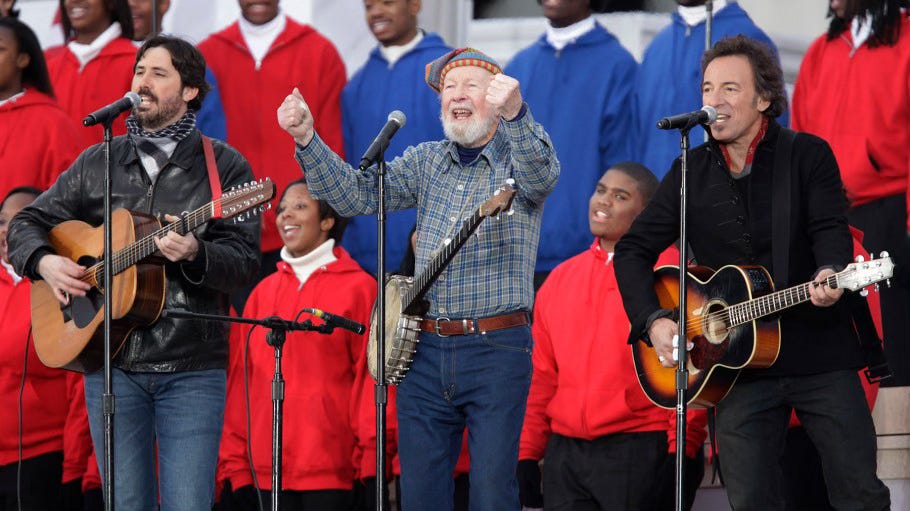Songs for the Post-Election World, Part II
How will we get through the harebrained plans of Trump and his cabinet for dismantling everything that...well, just plain everything? Sing! Part II of my survival playlist for the next 4 years.

So here we are. Just a few weeks away from Trump V. 2.0. If his cabinet choices are approved we’ll have a Secretary of the Department of …


